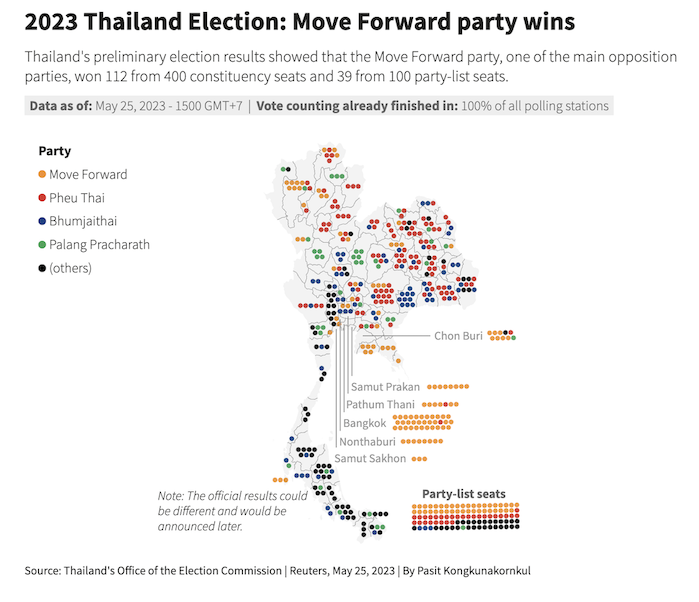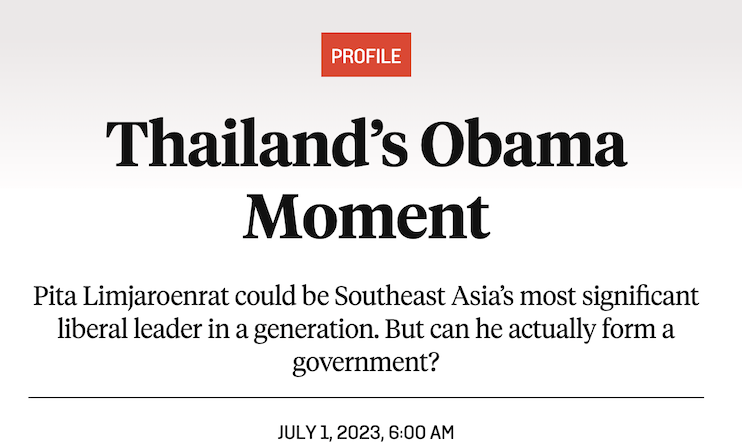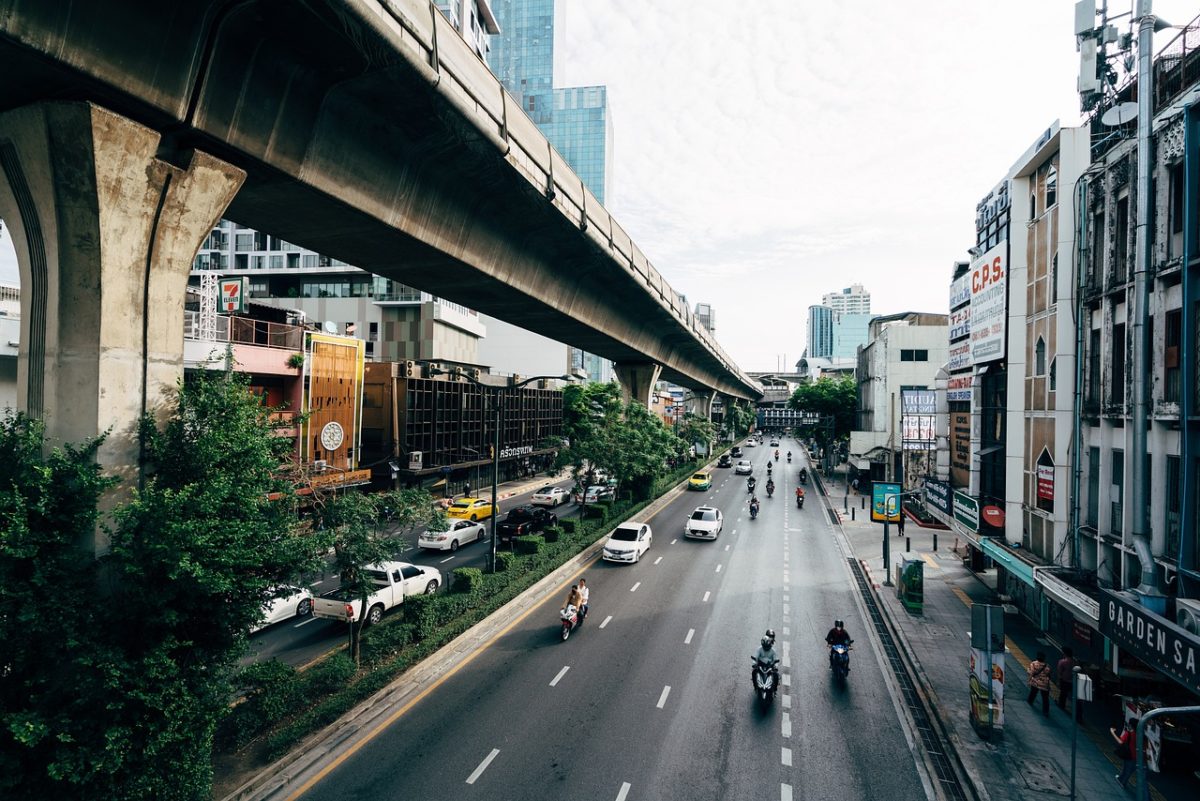Summary
- 2023 General Elections: The elections held on 14 May 2023 brought a surprising result with the Move Forward Party, led by Pita Limjaroenrat, winning the most seats. This was followed by the opposition party Pheu Thai, which had previously dominated in the 2011 and 2019 elections. The voter turnout was notably high at 75.22%.
- Post-Election Developments: After the election, Pheu Thai, initially in alliance with pro-democracy parties, dissolved its alliance with Move Forward and instead formed a coalition with conservative, pro-military parties. This led to the nomination and election of real estate tycoon Srettha Thavisin as prime minister on 22 August.
- A new Shinawatra emerges: Thailand’s ruling party, the Pheu Thai Party, recently chose Paetongtarn Shinawatra, the youngest daughter of former prime minister Thaksin Shinawatra, as its leader. This decision highlights the ongoing influence of the Shinawatra family in Thai politics, more than two decades since Thaksin’s entry into the political arena.
Details
Thailand’s economy, still recovering from the pandemic, faces several challenges including high-energy costs, reduced employer numbers compared to pre-pandemic levels, rising household debts, and stagnant income growth. Economic issues such as minimum wage, farm subsidies, and welfare were prominent in the election campaigns.
The 2023 general elections in Thailand marked a notable shift in the country’s political landscape. The Move Forward Party, led by Pita Limjaroenrat, emerged as a surprise victor, winning the most seats in the election. This was followed by the Pheu Thai Party, traditionally a dominant force in Thai politics. The elections, characterized by a high voter turnout of 75.22%, were conducted under a parallel voting system. The outcome reflected a changing political sentiment in Thailand, with the electorate leaning towards the Move Forward Party, which, along with Pheu Thai, represents a shift away from the conservative coalition that had governed before the election.

The formation of the Thai government under Srettha Thavisin and the Pheu Thai Party followed an intriguing sequence of events following the May 14, 2023 elections. The Move Forward Party initially won the most votes, but their efforts to form a government were stymied by the Senate, an unelected body with considerable power due to the military-drafted constitution. The Senate’s opposition was primarily due to the Move Forward Party’s intent to amend laws protecting the monarchy from criticism.
Seizing the opportunity, the Pheu Thai Party, which had come in second, created a coalition with military-backed parties, including those associated with the 2014 coup. This strategic alliance enabled Pheu Thai to gain the Senate’s approval, culminating in the election of real estate tycoon Srettha Thavisin as Prime Minister in late August, thereby establishing a new government under Pheu Thai’s leadership.
Thaksin Shinawatra update
The latest developments in the saga of former Thai Prime Minister Thaksin Shinawatra are quite dramatic. After 15 years in self-imposed exile, Thaksin returned to Thailand, only to be swiftly arrested and jailed. He arrived on a private plane from Singapore and was taken to the Supreme Court, where he was charged with abuse of power and several other criminal offences, which he claims are politically motivated. The Supreme Court sentenced him to a total of eight years in prison.
Thaksin’s return was met with a mixed response: several thousand supporters, known as “red shirts,” celebrated his arrival, highlighting his impact on their economic fortunes and viewing him as a champion of the grassroots people. His policies, especially in healthcare, are still fondly remembered by many who felt neglected by previous governments.
In October 2023, Paetongtarn Shinawatra was elected as the new leader of Thailand’s Pheu Thai Party, marking a significant continuation of her family’s influence in Thai politics. This election underscores the enduring legacy of the Shinawatra family, more than two decades since Thaksin Shinawatra, first entered the political arena. Paetongtarn’s election was decided by the core members of the Pheu Thai Party during a general assembly at the party’s head office, where she received 289 votes with one abstention. Her rise to the party’s leadership continues the Shinawatra family’s political dominance, which has been a defining feature of Thai politics for the last quarter-century.
Pita Limjaroenrat

Pita Limjaroenrat, the leader of Thailand’s Move Forward Party (MFP), heralded in the international press in the lead up to the election, recently announced his resignation from his position. This decision came amidst a challenging political situation where he was suspended from his parliamentary duties pending a court ruling. The court is determining whether he violated election law by running for office while holding shares in a now-defunct media company, a charge he has denied. The violation could lead to a prison sentence and a fine for both him and his party.
He stated that his resignation was necessary for the party to appoint a new member to take up the critical role of the opposition leader in Parliament, a position that must be held by an MP. He expressed his intention to remain closely involved with the party despite stepping down from the leadership role.
